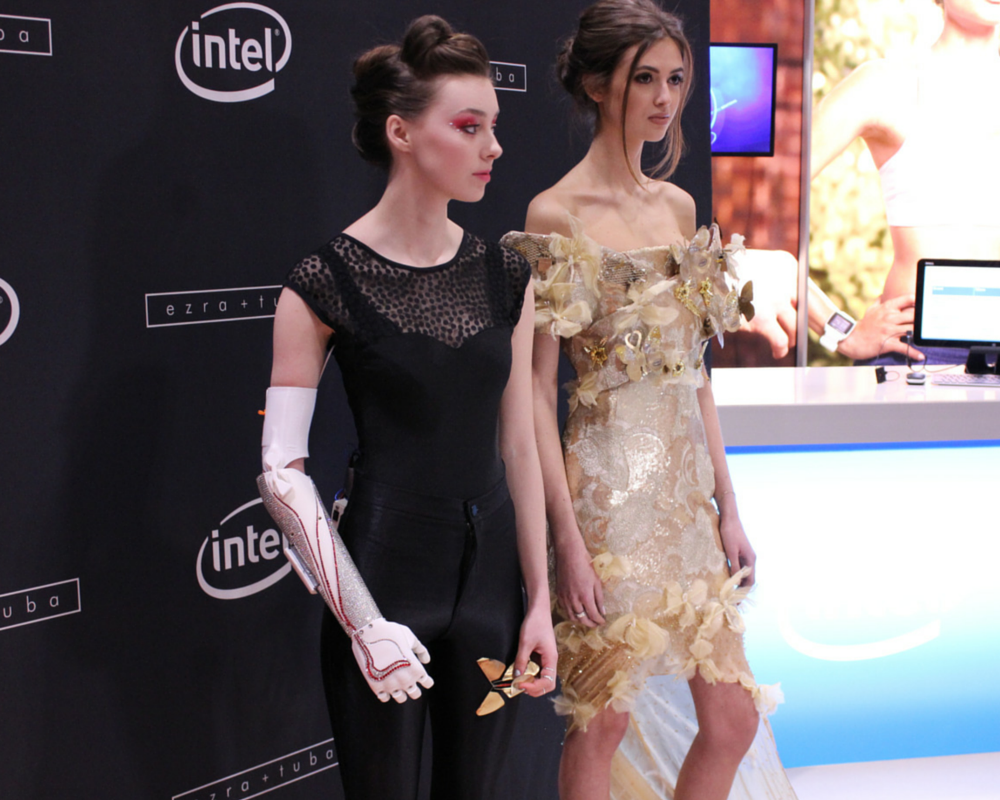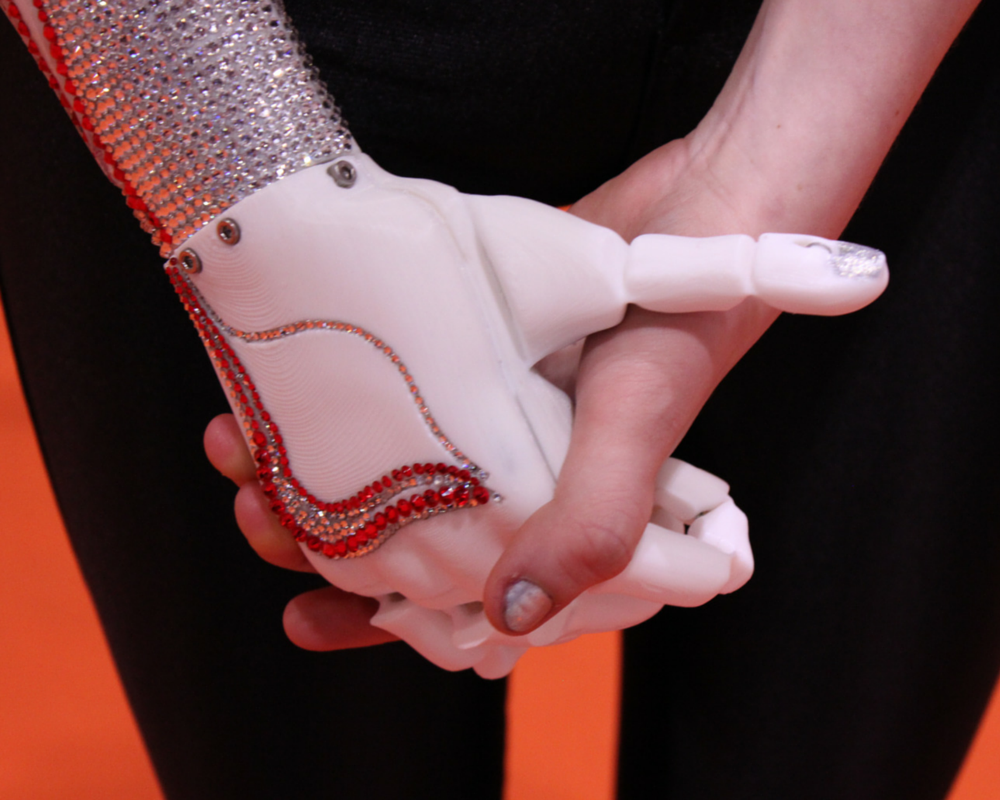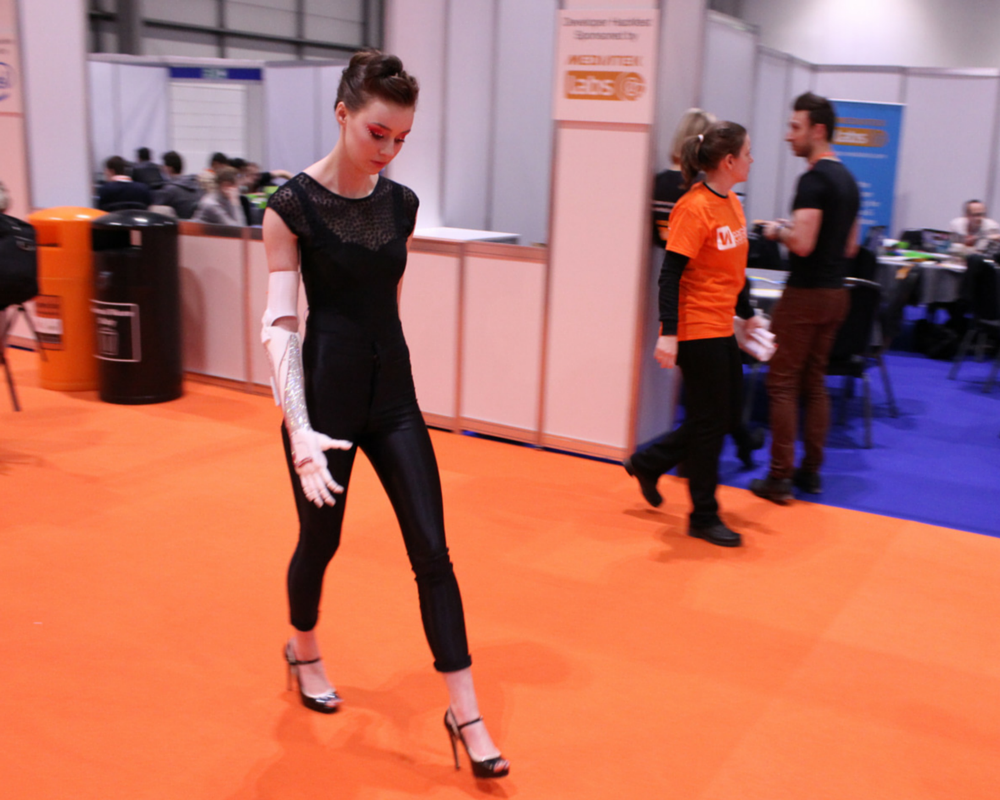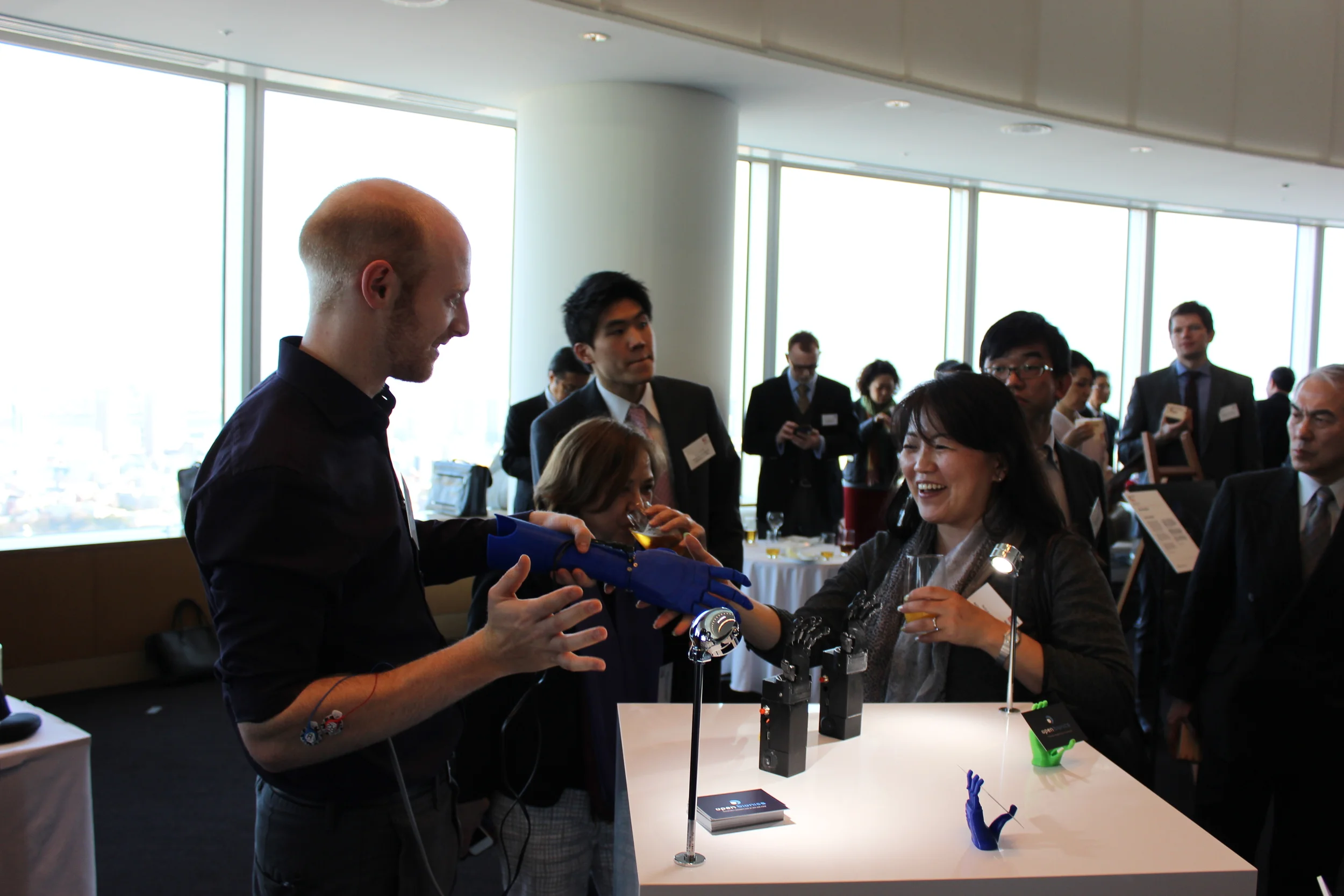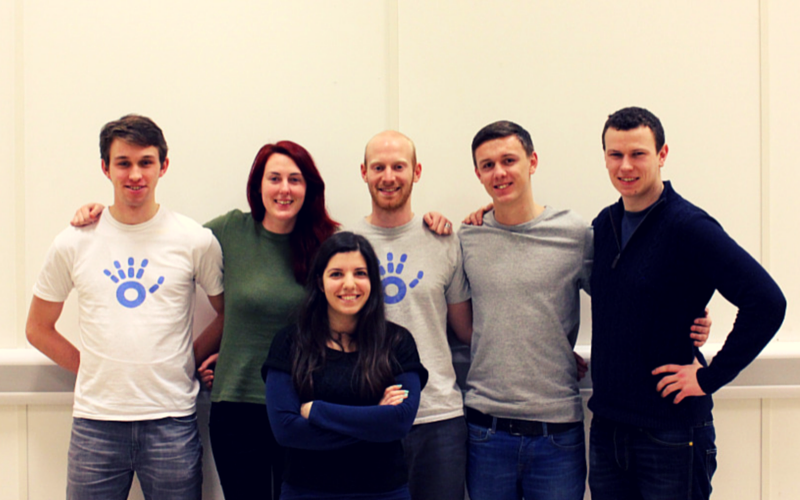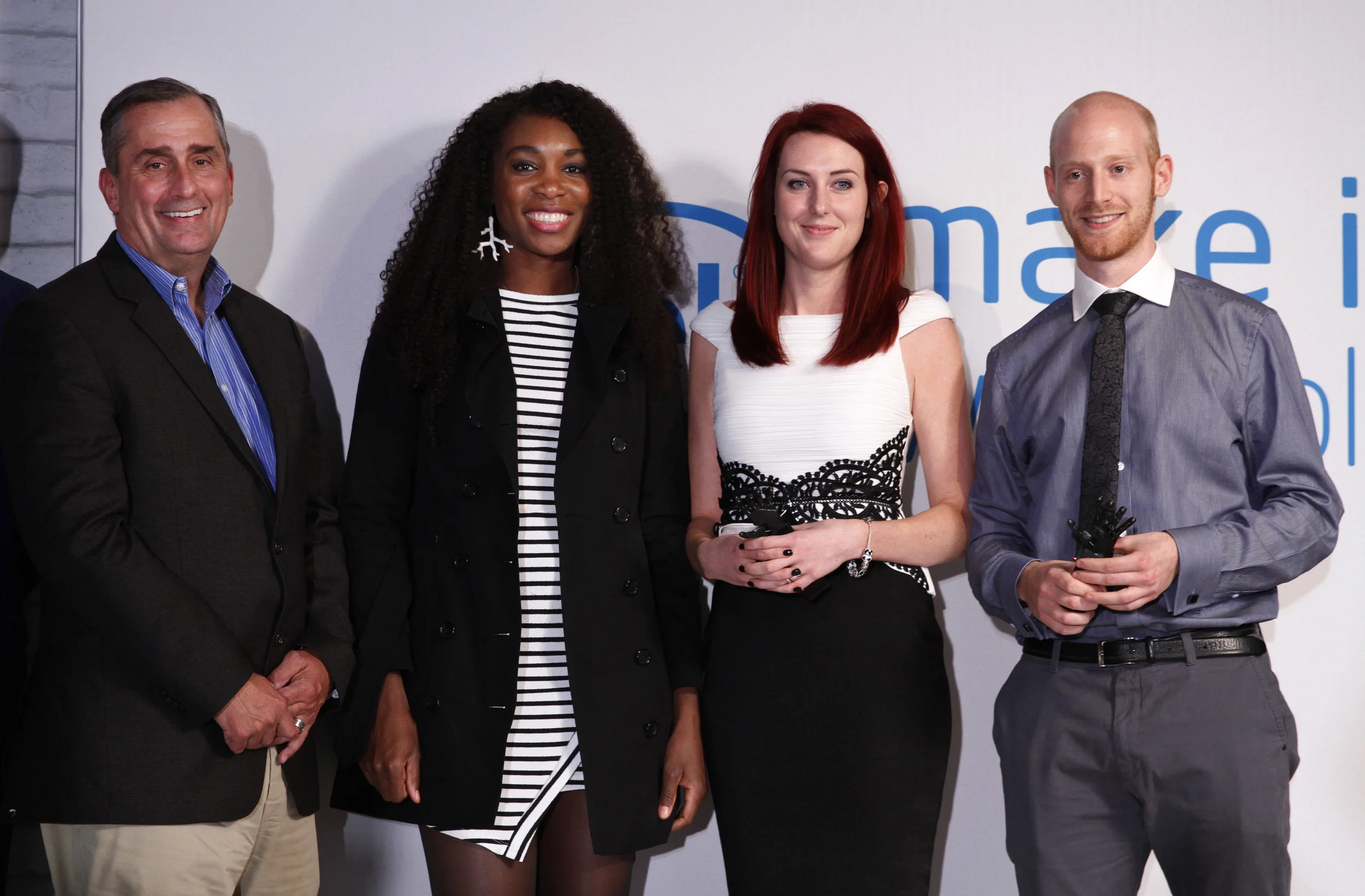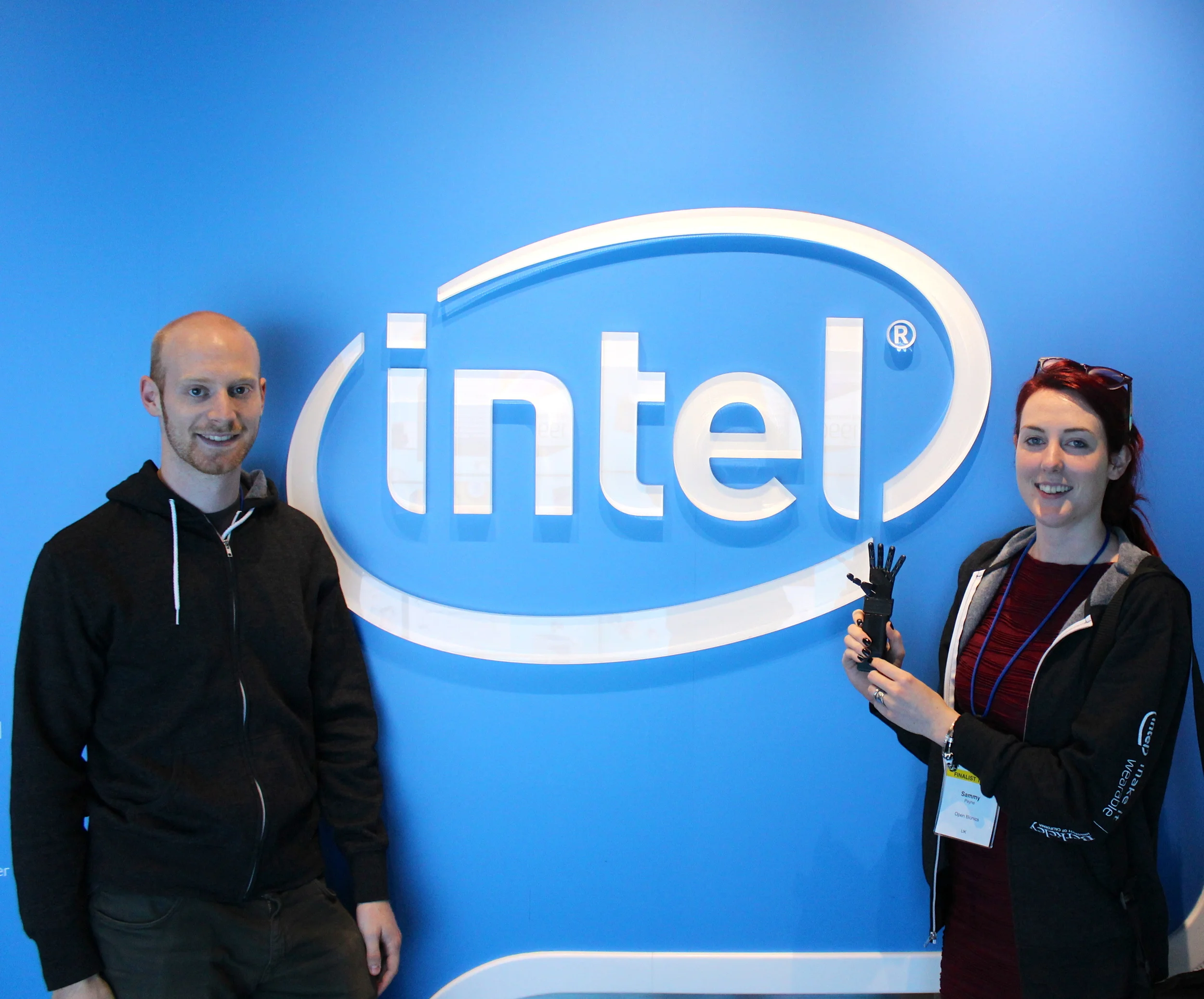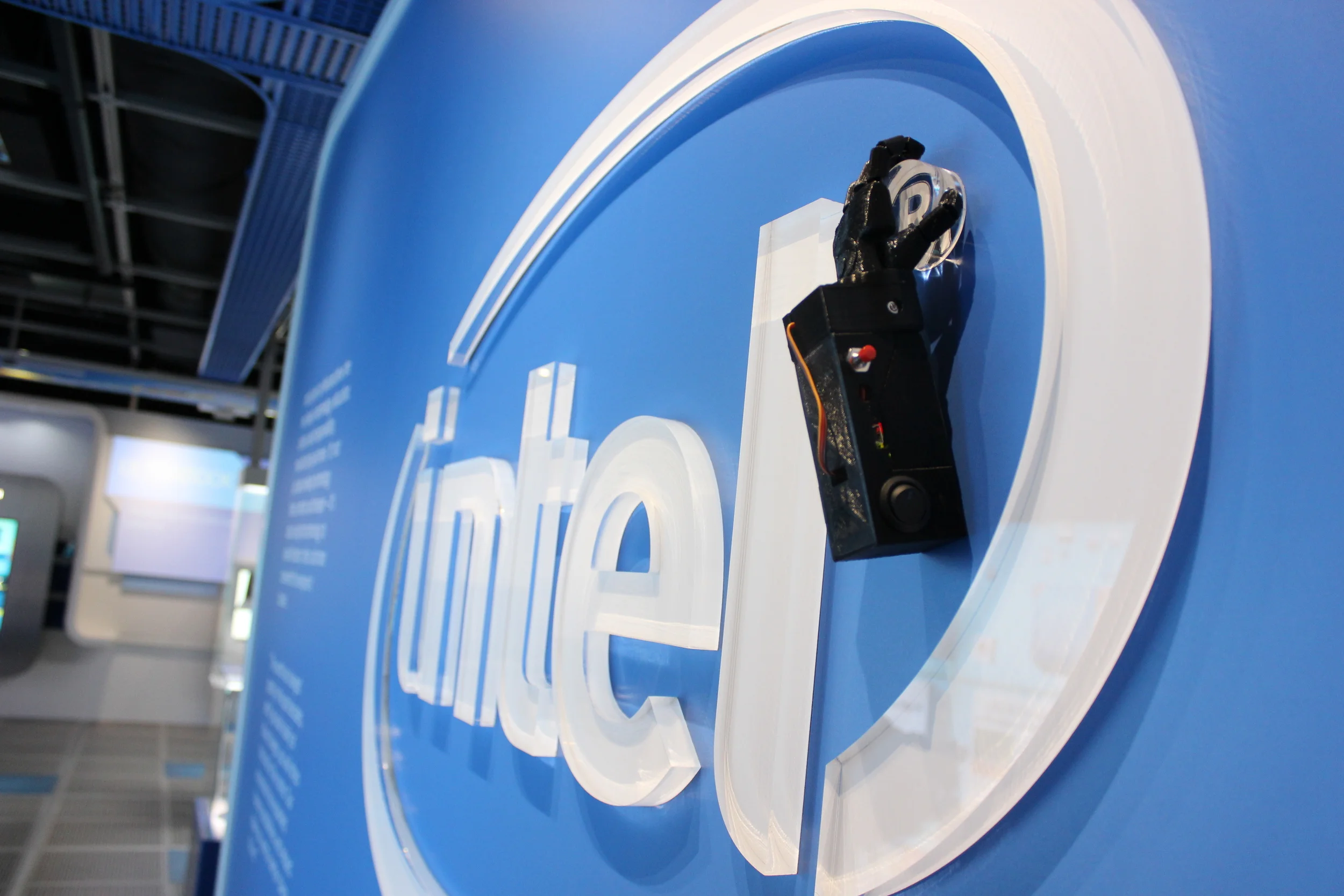Open Bionics has been named as one of the 25 innovations that will make the UK more accessible to the 1 in 5 people with disabilities.
25 designers and entrepreneurs have been shortlisted out of 200 pitches for the Inclusive Technology prize, and are now in with the chance to win a £50,000 prize for a technology, product or service that enables disabled people in the UK better access to life’s opportunities.
The Inclusive Technology prize judges said they were inspired by the inventive ideas put forward.
Joel Gibbard, Open Bionics CEO, said: "We decided to enter the Inclusive Technology prize because we want to make a difference with our 3D printed, robotic hands for amputees everywhere. We believe there's a huge need for affordable robotic prosthetics and we think we can help by using emerging technologies like 3D scanning and 3D printing to bring the cost down.
"We're not just focusing on the functionality of the device, we're focusing on making 3D printed hands that amputees will enjoy wearing. We want them to be fashionable, inspiring for children, and even have a few extra capabilities to one-up the human hand. We're constantly working with amputees to develop these desirable devices."
Inclusive Technology prize judge, Jess Thom, said: “Judging the competition so far has been inspiring, as there have been lots genuinely exciting products and inventive ideas that make the best use of technologies available to us, and can help to increase accessibility for the 12.2 million disabled people in the UK.”
The prize seeks to foster the next generation of assistive tools and technologies that will make a real difference to the 1 in 5 people living with limiting long term illness or disability in the UK.
The shortlist has been selected by a judging panel including comedians Jess Thom, who has Tourette’s syndrome, and Laurence Clark who has cerebral palsy, as well as Alan Norton, CEO of Assist charity and Liz Sayce, Chief Executive of Disability Rights UK among others. The shortlisted organisations and individuals will receive mentoring and support from Leonard Cheshire Disability, the UKs leading charity supporting disabled people.
Gemma Bull, Managing Director Enterprise and Innovation for Leonard Cheshire Disability, said: “We are very excited about working with Nesta and mentoring the competition entrants through the Inclusive Technology Prize. This is a fantastic opportunity to develop innovative technology which supports disabled people to lead more independent lives.”
The 25 semi-finalists take part in the mentoring stage of the competition in March, April and May this year, and ten finalists will be selected to develop prototypes ready for impact testing throughout 2015. The winner of the £50,000 contract will be announced in March 2016.
The challenge will encourage all semi-finalists to innovate through co-creation with disabled people, meeting needs as defined by the users themselves.
The Minister of State for Disabled People Mark Harper said: “Innovative technology can make a real difference to the lives of disabled people and I’m delighted that the Inclusive Technology Prize has inspired all of these cutting edge ideas.
“Supporting disabled people to live full lives and enjoy the same opportunities as everyone else is an absolute priority for us and I am confident that advances in technology will continue to enable us to do more. I wish all the nominees the best of luck.”
The full shortlist can be seen at www.inclusivetechprize.org


